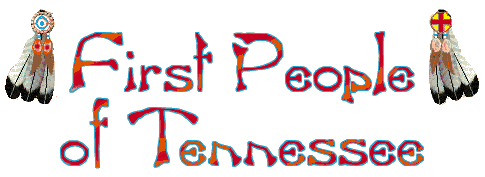
An Example
Read carefully. There will be a test.
By Glen Davis
In researching your family history, you have found the following information
about your ancestors:
On your father’s side,
his great grandfather was born in Switzerland of Swiss parents, and his
great grandmother was born in Austria of Austrian parents.
Shortly after they were married, they decided to emigrate to the United
States. They became naturalized citizens of the U.S.
Their son, your father’s grandfather, was born in New Jersey, and married
a girl from New York, whose parents were both born in Ireland, had emigrated
and become naturalized citizens of the United States.
This couple, your father’s parents, had a son, your father, who was born
in Texas. He met your mother in Dallas, they were married and moved to
California now there’s a myth! Hardly anyone leaves Texas for
California... :-)
Anyway, now let’s look at your mother’s side of the family.
Her great grandfather was the son of deportees from England who landed
in Oglethorp’s colony (Georgia, to be). This great grandfather, hunted
and fished, traded with the Indians. On a trading trip up the Tugaloo
River to Hiwasee town, he met and married a full blood Cherokee woman.
The couple decided to return down river, and build a farm southeast of
Danielsville (outside of Cherokee land). They lived the rest of their
lives on the farm. In 1838, when the Cherokee removal was beginning,
the great grandmother and great grandfather decided to stay on their farm.
They had a daughter (your mother’s grandmother) who married one of the
neighbors’ sons, a family of new immigrants from Scotland. This couple
decided to try their fortunes out west. So they moved to Mississippi.
Their daughter (your mother) was born there, and went to Dallas to attend
SMU... (guess how this ends up).
She met your father’s father at a tea on the SMU campus, eventually got
married, and had your father.
Now here’s the test.
1. Are you a citizen of the:
(1) United States?
(2) Switzerland ?
(3) Ireland ?
(4) Scotland ?
(5) Austria ?
(6) Cherokee Nation of Oklahoma ?
2. Are you entitled to become a citizen of any the nations you did
choose above?
3. Are you entitled to claim a Swiss ancestry?
4. Are you entitled to claim that you are Cherokee?
The correct answers are:
1. The United States, because you were born in the United States
of citizen parents.
2. Based on the facts given, “no” because each of your ancestors
voluntarily gave up their citizenship in those other nations when
they became citizens of the United States.
3. Yes, if you can prove, using generally accepted genealogy research
methods, the connection of your family to Switzerland.
4. No, because you are not a citizen of one of the Federally recognized
Cherokee nations or bands. When referring to your Indian grandparents,
it is more accurate, and respectful of citizens of recognized tribes to
say “I am of Cherokee ancestry” or words to that effect.
This one question could be the subject of an entire article on its own.
Here, I just wanted to give some general advice on how to talk about your
various ancestries. And I will say that in my personal experience, citizens
of various tribes, tend to be offended when anyone says they are _______
(fill in any tribal name), when they are not enrolled members of that
tribe. My opinion is that they are entitled to be offended by such
statements.
Here endeth the example.

|
|







